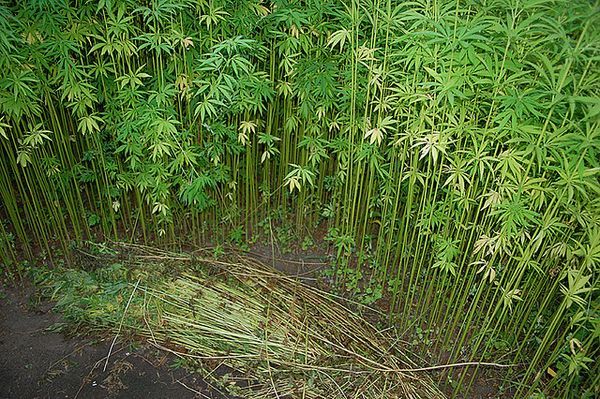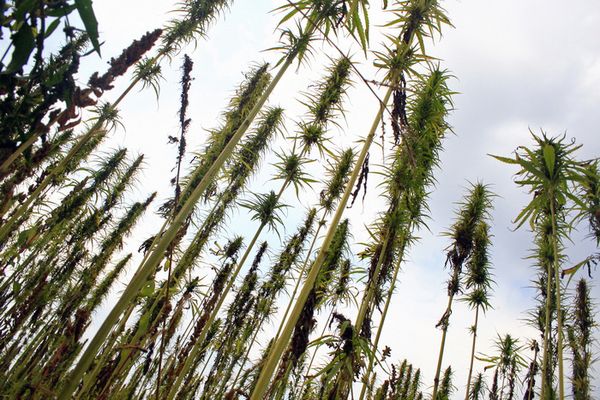- After being recognised as a member of the European Union, this country decided to recover the tradition of hemp growing by accepting the laws imposed by the European authorities. Since 2004, the Slovenians have rescued this business and they forecast a prosperous future for it.

Motivated by the unemployment of 13% of its citizens, the Slovenian authorities decided to incentivise the recovery of the traditional growing of hemp and generate a complete industry around it that is capable of providing new uses for the crop. In fact, there are many people that believe that the increase in this industry can be crucial for the country when it comes to escaping the economic impasse that European countries have gone through over the last few years.
Officially, the hemp industry has been operating in Slovenia for ten years. Specifically, since the country joined the European Union in 2004 and adopted its laws and regulations, including those relating to this crop. Since then, the ancestral growing traditions have returned to the nation, which in many regards, seems determined to keep everything exactly as it was in the past, including pagan rituals and ceremonies associated with the crop.
The recovery of these old rural customs has awakened not only the passion of Slovenians, but also their ingenuity in order to become a great power in terms of hemp production. In fact, new companies have emerged that are capable of innovating through the use of hemp and getting more out of this crop than their ancestors did.
The start-up company Konopko aims to turn hemp into a real alternative to plastic and other synthetic materials. The backers have committed decisively to the production of granulated hemp, a completely ecological and biodegradable material produced using hemp fibre and PLA (polylactic acid). The fact of the matter is that this crop offers an endless range of possibilities. They calculate that using this plant it is possible to create more than 50,000 products for the construction, textile, cosmetic and paper industries, and even for the automobile industry, as a replacement for some fossil fuels.

In order to continue looking into the matter, this year the fifth edition of the World Hemp Congress will be held in Slovenia. There, figures from around the world will once again tackle the development of this crop and try to discover new uses for the plant. As it happens, the 2015 edition looked at how hemp could be incorporated into the food industry and showed chefs from around the world the existing possibilities.


Comments from our readers
There are no comments yet. Would you like to be the first?
Leave a comment!Did you like this post?
Your opinion about our seeds is very important to us and can help other users a lot (your email address won't be made public).